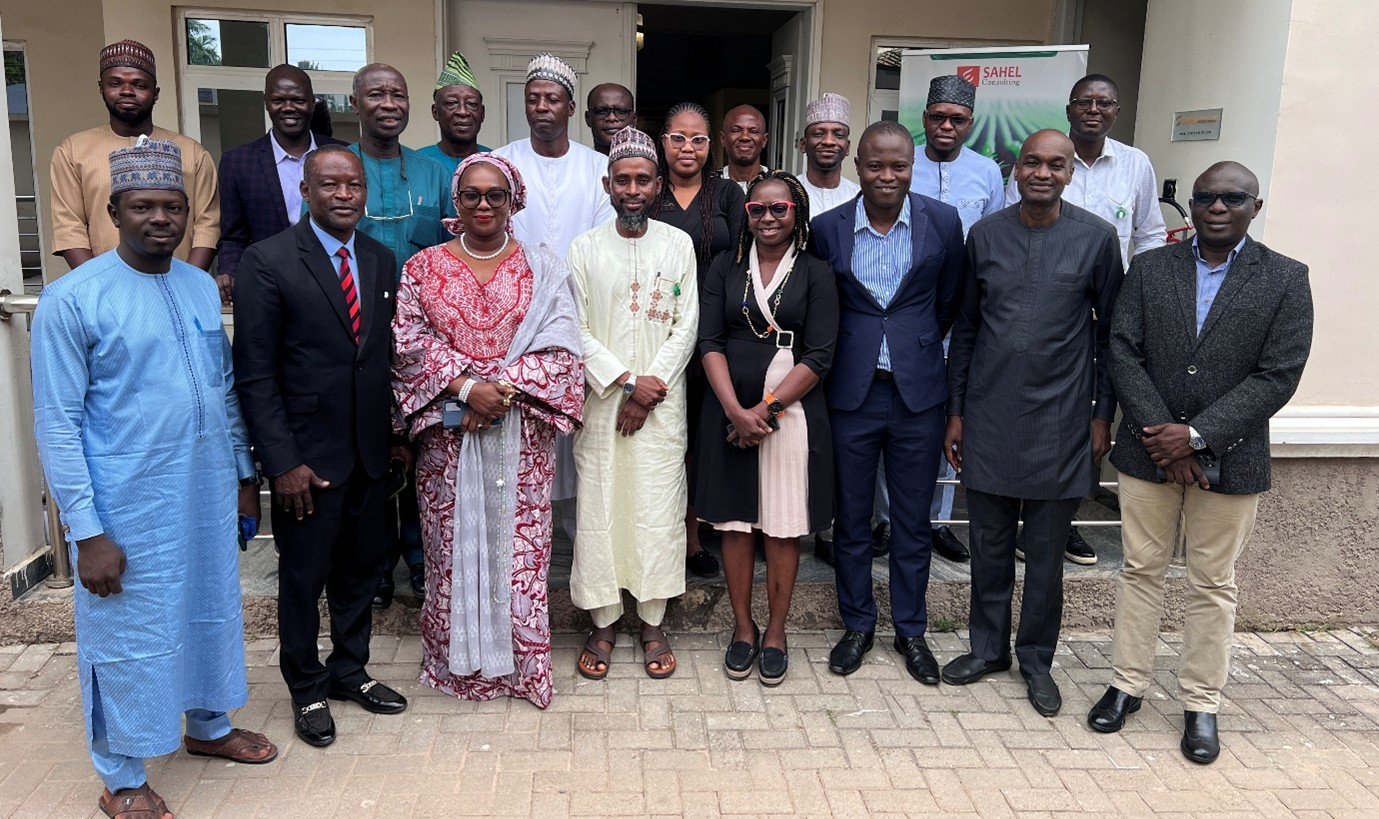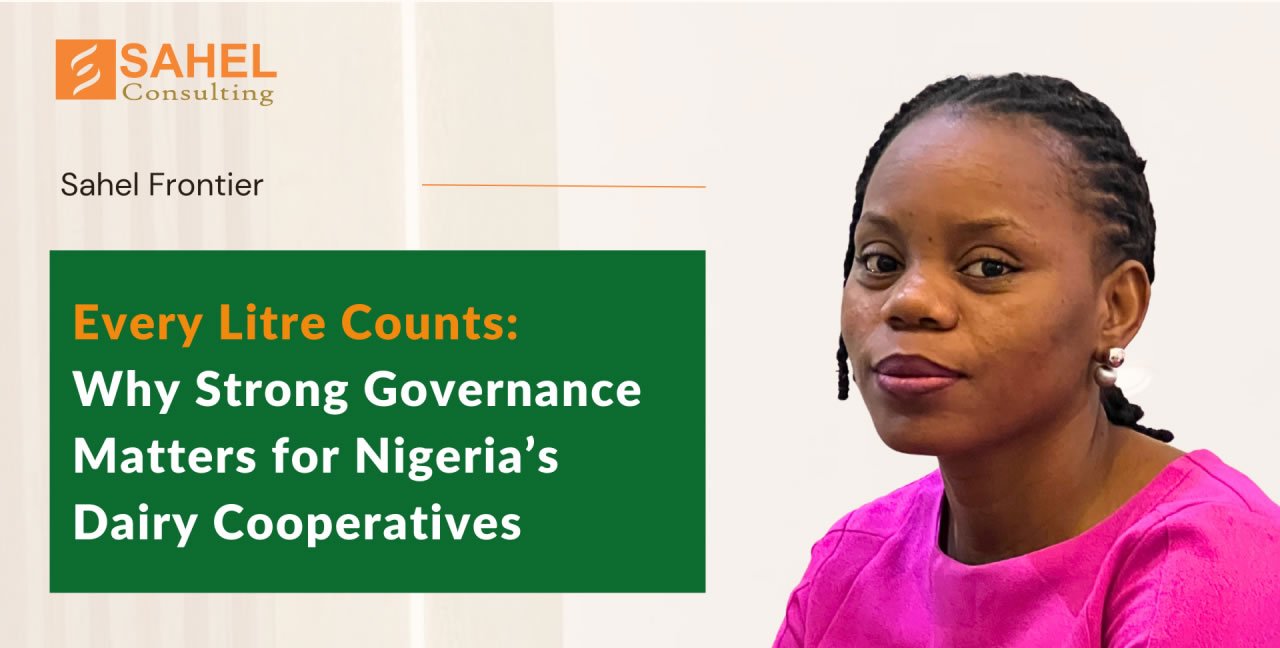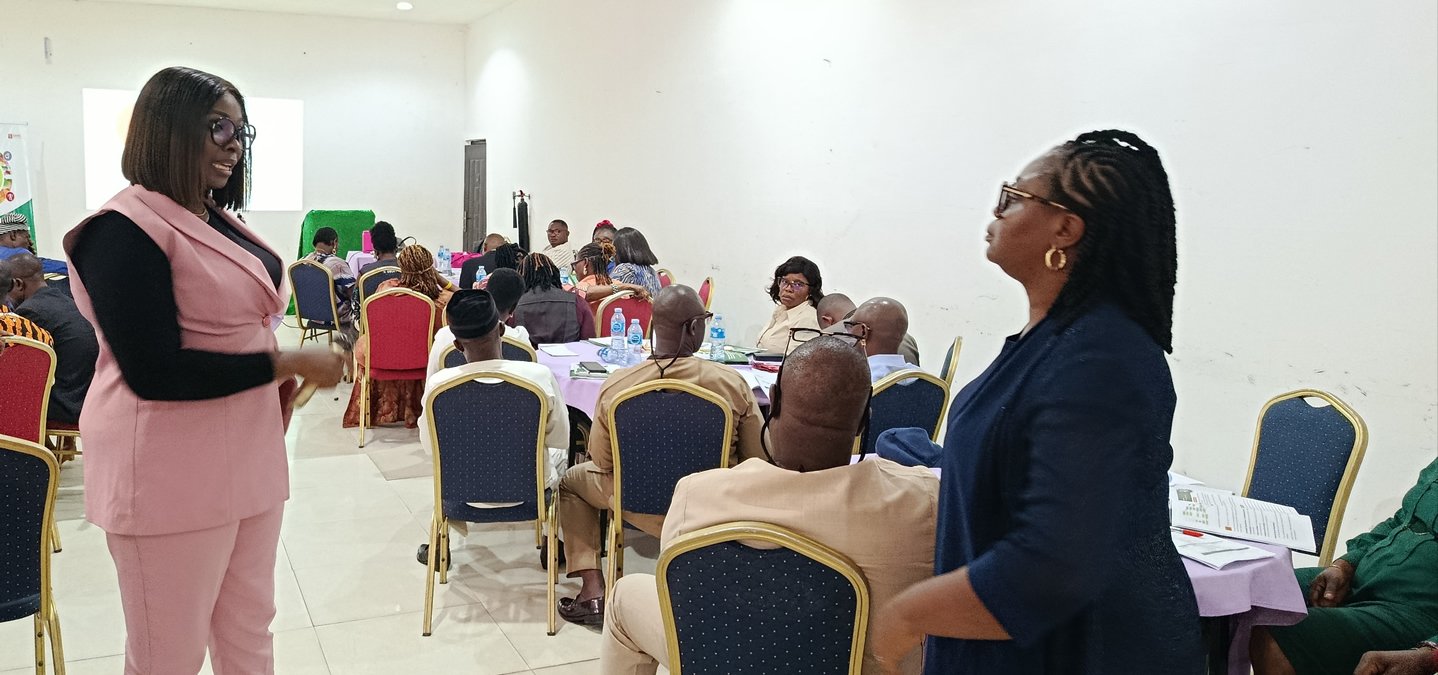According to the Bill & Melinda Gates Foundation’s 2018 report on Women’s Market Inclusion, there are over 92 million women in Nigeria, yet only 23% of them have access to formal financial services – the vast majority living in urban areas. While cell phone ownership is high at over 75%, less than 2.6% of women in rural areas have access to mobile money. Additionally, only 10% of women have access to credit and 6% have access to extension services. Hauwa, a 26-year-old Fulani farmer, is one.
Read more: Business Day




